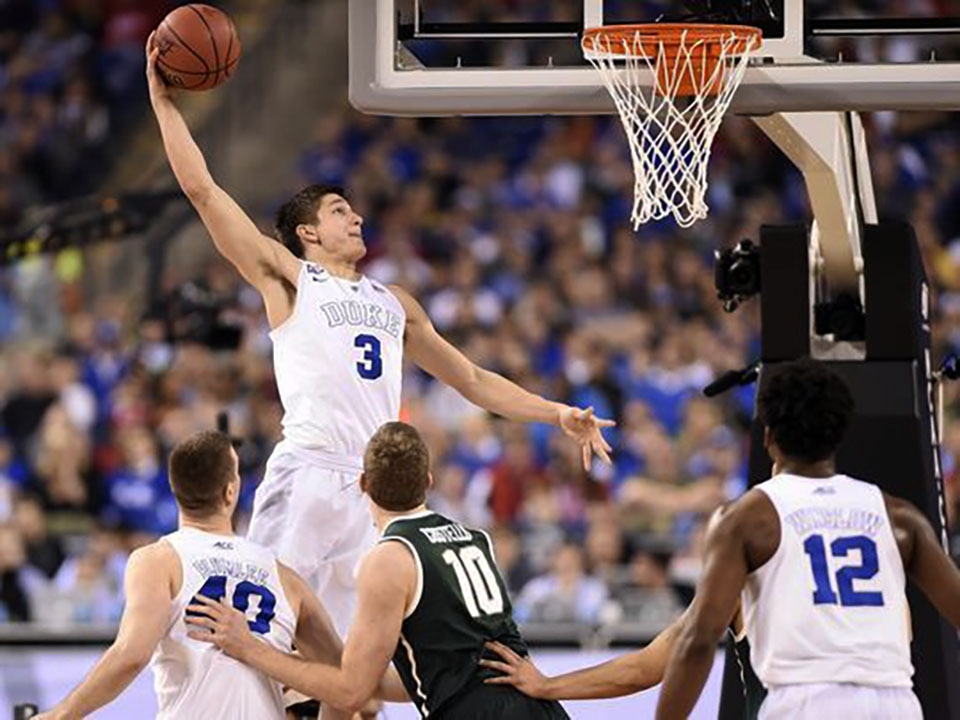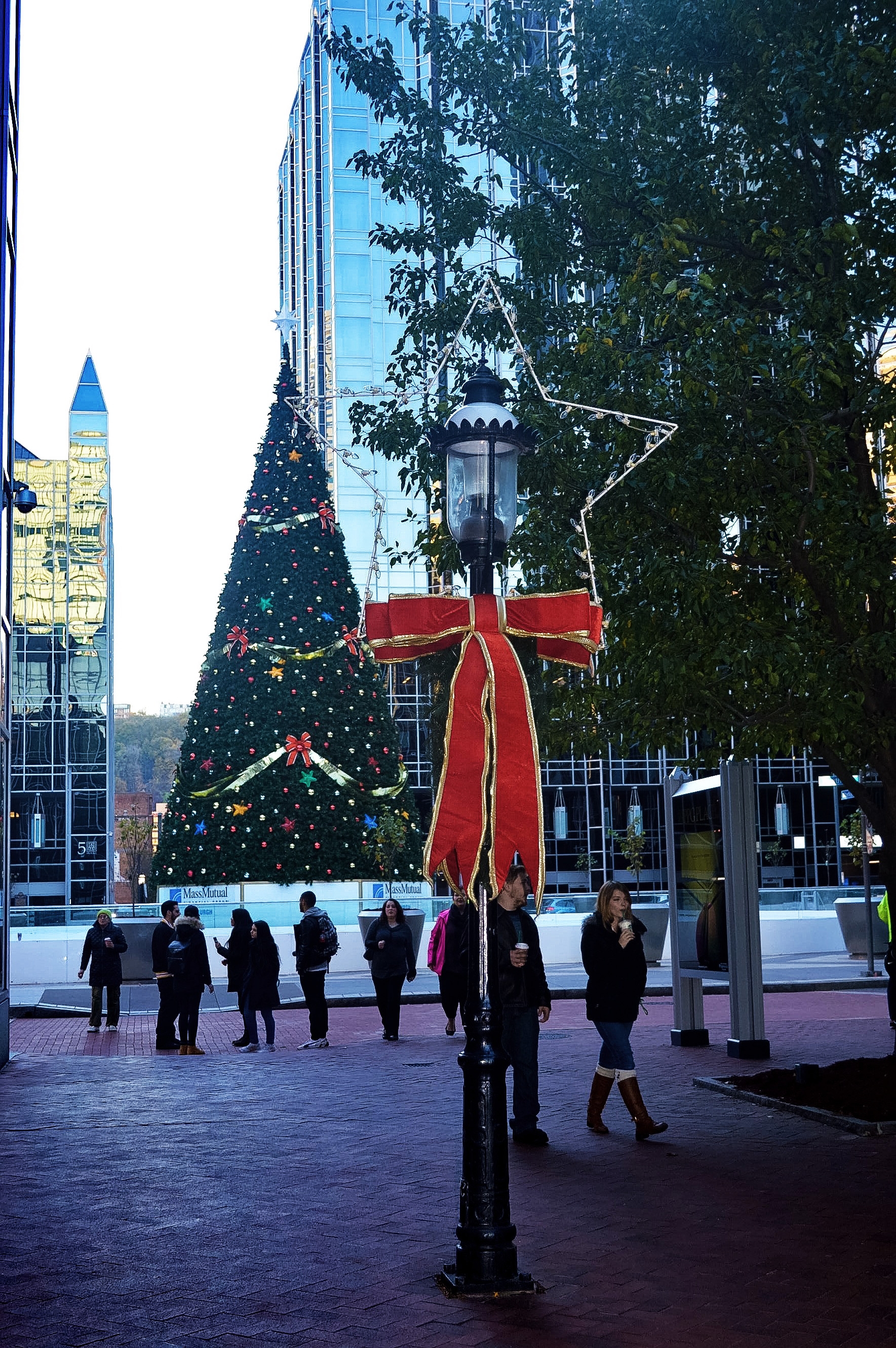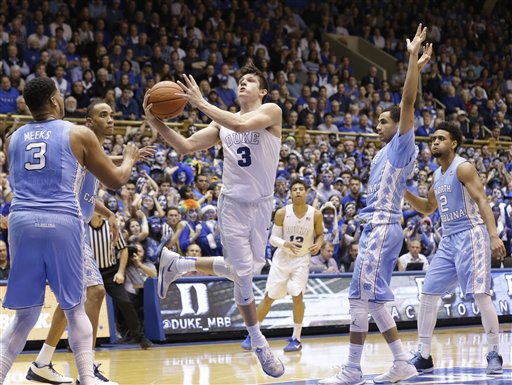01/31/2019
By Ollie Gratzinger | Opinions Editor
In the early hours of Tuesday morning, while the Northeast and Midwest prepped for stunning bouts of cold, something even more chilling than snowfall and winter winds took place on the streets of Chicago.
Jussie Smollett, known for his role as musician Jamal Lyon on Fox’s Empire, was attacked in what the city’s police department is calling a possible hate crime.
Smollett, who is African American and, like his character on Empire, identifies as gay, reported that he was attacked by two men wearing ski masks after leaving a fast-food restaurant. According to a statement from the Chicago Police Department obtained by the New York Times, the attackers used racial and homophobic slurs against him, poured an unknown liquid over his skin and attempted to tie a noose around his neck before Smollett was able to fight them off.
It was also reported that Smollett told police his attackers said, “This is MAGA country,” referencing Trump’s campaign slogan, though that remains unconfirmed.
Senator Kamala Harris took to Twitter with a message echoed by Senator Cory Booker: “This was an attempted modern-day lynching.” Harris went on to tweet, “We must confront this hate,” and I think she’s right.
It’s 2019. We pride ourselves on the progress we’ve made as a society and quickly dismiss talk of racism and bigotry as relics of times long past. But to do so is to exercise privilege; members of marginalized groups — among them, the black and LGBTQ+ communities — are all too aware of the intolerance, prejudice and very real dangers that not only still exist, but often prevail in places all around the U.S. Hatred isn’t just something that pollutes rural towns cut off from the merits of diversity, but rather something that invades even major cities in which diversity thrives. From the synagogue shooting in Pittsburgh to the “modern-day lynching” of a gay black man in Chicago, bigotry is everywhere, and therefore, it’s everybody’s problem.
What happened to Jussie Smollett represents a disturbing social trend marked by a rise in right-wing extremism, white supremacy and intolerance. Of course, many would argue that we can’t blame the president for the actions of two awful civilians, but we can blame the rhetoric of the administration for providing those civilians with a platform, for enabling them, for making them feel validated in their hatred.
Instead of condemning the attack as a blatant racist and homophobic incident — there’s no “possible” about it — Trump tweeted, mocking “Global Waming [sic],” and advocating for his border wall. Words matter, and the words those in power choose to say — or not say — can influence the actions of the public. The administration’s silence and passivity could easily be mistaken for acceptance or tolerance, and that sets a very, very dangerous precedent.
It’s difficult for someone who hasn’t been part of a marginalized group to understand the way the world of the minority differs from the world of the majority. It’s a string of subtle differences that are hard to name, but easy to spot. A lingering stare at a bus stop, for a heterosexual white man, would probably mean very little. But for a black person, an LGBTQ+ person, an immigrant, a Jew, a Muslim or anyone who doesn’t fit the archetypal “American” mold, the same stare evokes a fight-or-flight response, a fear of getting hurt.
For the majority, the story of Smollett’s assault comes from a distant place, a reality removed from their own. Sure, they might find it upsetting, scary or otherwise horrid. But for the minority, it’s a terrifying actuality, a reminder that no matter how far we’ve come, there are still people in our communities who advocate for sameness and prejudice, who feel compelled by their ideology to commit acts of violence against the innocent. And, by extension, there are still people in positions of power who refuse to call hate by its name, who refuse to address the presence of bigotry because to do so would mean admitting their own guilt.
It’s 2019. It’s time that we, as a society, grow up.




